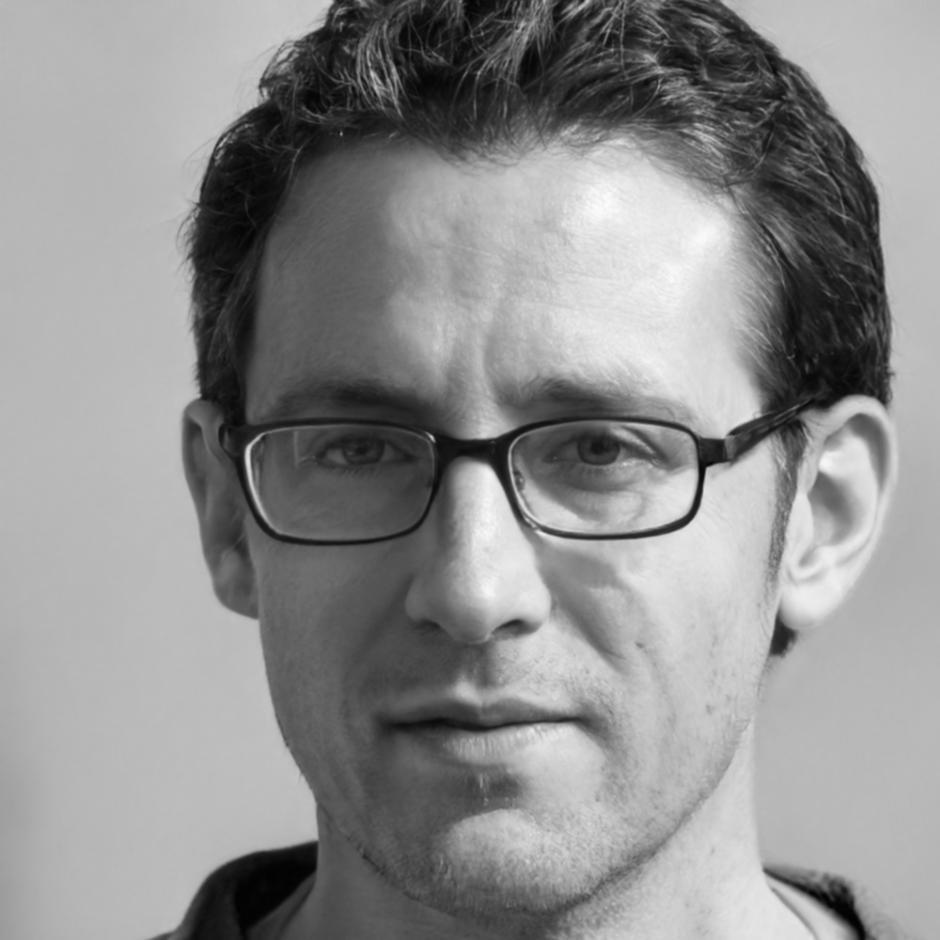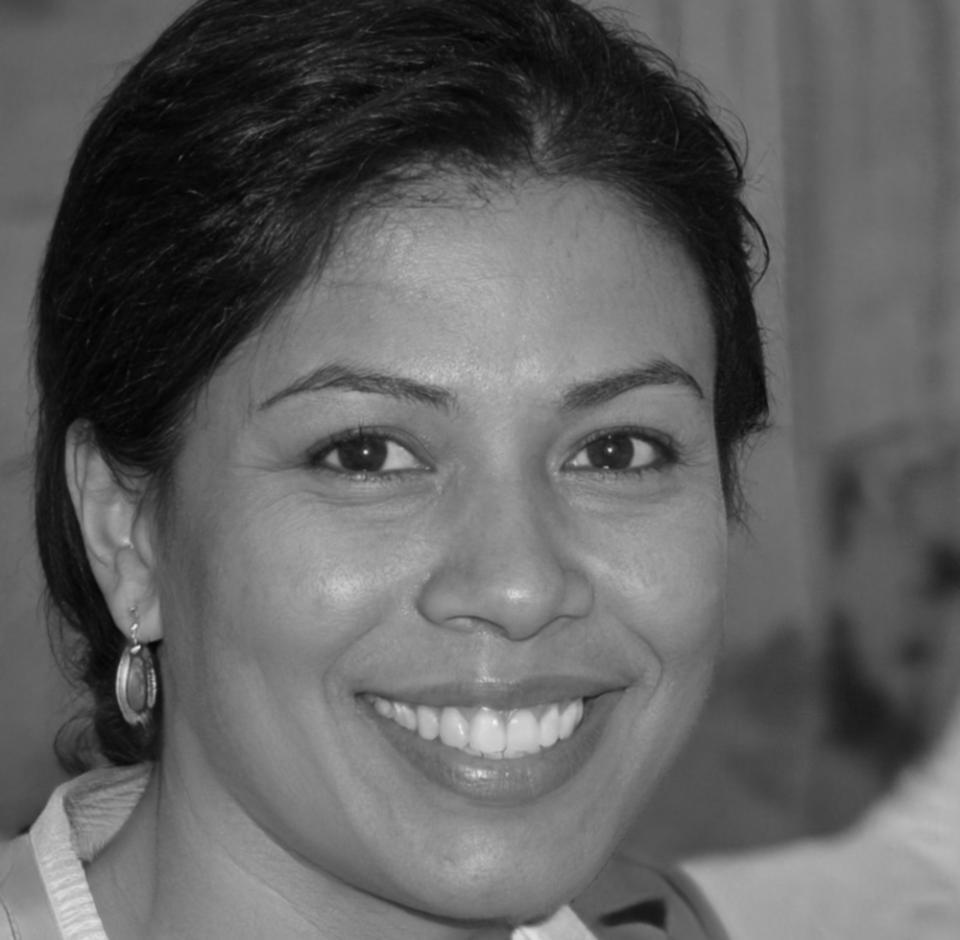Budget Psychology Program
Most people don't have a spending problem. They have a thinking problem. Our twelve-week intensive explores the emotional patterns and cognitive shortcuts that shape financial decisions, helping you build sustainable money habits from the inside out.
Register Your InterestWhy Traditional Budgeting Fails
Spreadsheets and apps don't address the real issue. When you're stressed, your brain literally processes money differently. When you're anxious about falling behind, you make choices that feel right in the moment but sabotage your long-term goals.
We've worked with over 300 Australians who tried every budgeting method available. The ones who succeeded didn't just learn new techniques—they understood why they made the decisions they did. That's what this program teaches.
You'll spend three months examining your actual financial behaviours, not hypothetical scenarios. We'll look at real purchases you've made, real moments when your budget fell apart, and the specific thought patterns that led you there.

What You'll Actually Learn
Twelve weeks of focused work on the mental habits that control your spending
Weeks 1-3: Recognition Patterns
Before you can change anything, you need to see what you're actually doing. We'll track decision points—not just transactions—and identify the specific triggers that lead to impulse spending or avoidance behaviours.
Weeks 4-6: Emotional Accounting
Money carries meaning beyond numbers. You'll map your personal financial narratives and understand how past experiences shape current choices. This isn't therapy, but it does require honest self-examination.
Weeks 7-9: Decision Architecture
Small environmental changes create big behavioural shifts. You'll design systems that make good choices easier and bad choices harder, without relying on willpower alone.
Weeks 10-12: Sustainable Systems
The final phase focuses on maintenance. You'll build contingency plans for stressful periods, develop accountability structures, and create realistic recovery protocols for when things go sideways.
Who Leads The Sessions
Our facilitators combine financial expertise with behavioural psychology backgrounds. They've been where you are and understand the gap between knowing what to do and actually doing it.

Callum Thorpe
Behavioural Economics
Spent eight years researching consumer decision-making before realizing academia didn't reach the people who needed it most. Now translates complex research into practical tools.

Petra Lindhagen
Cognitive Psychology
Former clinical psychologist who shifted focus to financial wellbeing after seeing how money stress underpinned so many other issues her clients faced.

Declan Faulkner
Applied Finance
Brings fifteen years of financial planning experience and a realistic view of what works in everyday life versus what looks good in textbooks.
Ready To Change How You Think About Money?
Our next cohort begins October 2025. Groups are limited to eighteen participants to ensure meaningful discussion and individual attention. Early registration opens in June.
Get Details